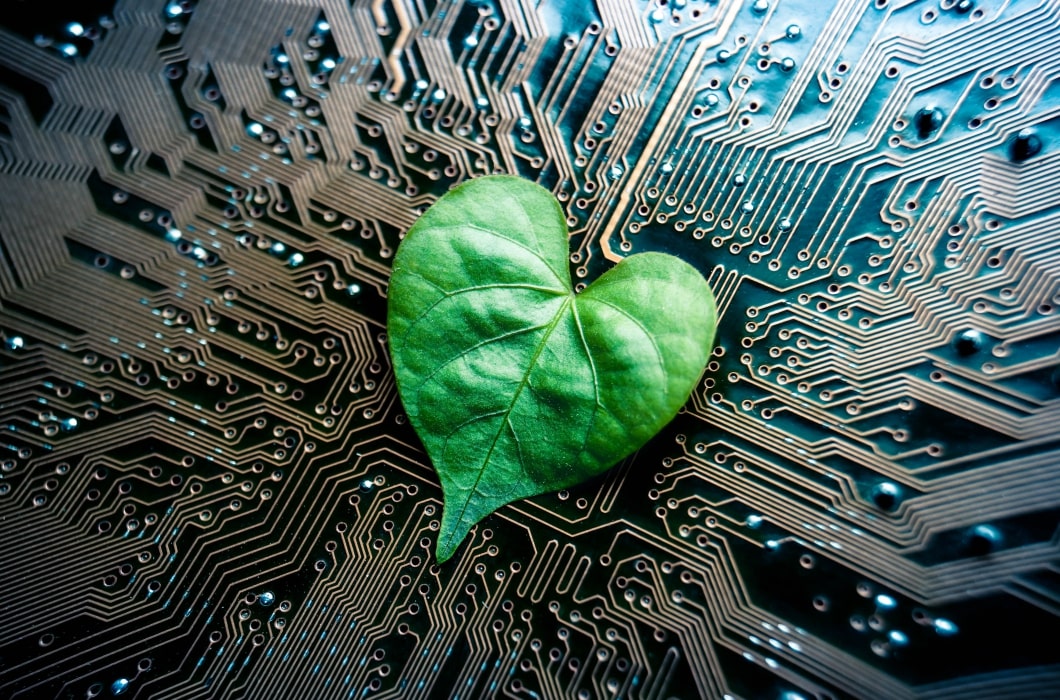AI is a wide-ranging branch of computer science concerned with building smart machines capable of performing tasks that typically require human intelligence. Some very popular examples of AI are smart assistants like Siri and Alexa, self-driving cars, recommendations by Amazon Prime Video or Netflix, conversational chatbots, etc.
The use of AI is on the rise. The science of machine learning is evolving every day to make smarter machines. Everything that includes a programme doing something that we would ordinarily associate with human intelligence is termed artificial intelligence.
Benefits of Artificial Intelligence:
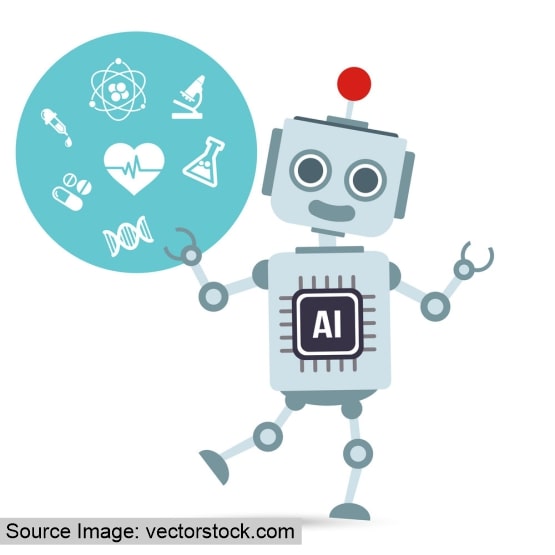
- Reduction of Human Error
- 24x7 Availability
- Faster Decisions
- Smart Decisions
- Research and Data Analysis
- Managing Repetitive Tasks
Ways in which AI can help save the planet:
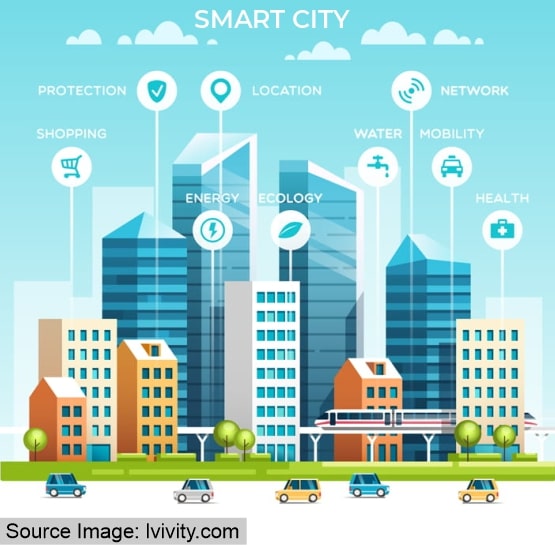
Making cities more livable and sustainable
AI can help cities save money on energy by forecasting demand using data from smart metres and the Internet of Things (a network of computing devices embedded in everyday things that allow them to send and receive data). Artificial intelligence systems can also help with urban planning and catastrophe preparedness by simulating prospective zoning regulations, building codes, and floodplains. To make cities more energy efficient and habitable, one idea for a sustainable city is to develop an "urban dashboard" with real-time data on energy and water use and availability, traffic, and weather. For example, Dubai has completed several Smart City projects, one of which monitored the condition of bus drivers. This monitoring contributed to a 65% reduction in accidents caused by exhaustion and fatigue.
Smart agriculture
Weather and climate prediction
More sustainable transport
AI-driven vehicles are the future. To reduce carbon emissions and greenhouse gas production, smart and electric vehicles that are sustainable are required. Machine learning can unlock vehicles that are capable of route and traffic optimization, eco-driving algorithms, programmed “platooning” of cars to traffic, and autonomous ride-sharing services. For instance, American companies like Zoox, Optimus Ride, and nuTonomy make electric and automatic cars using autonomous technology.
Smart Disaster Response
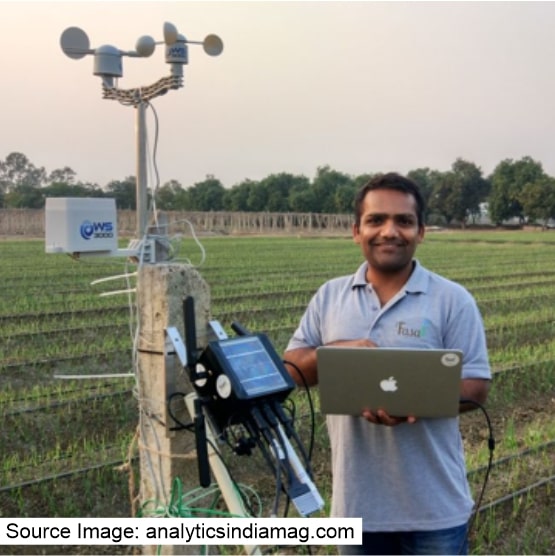
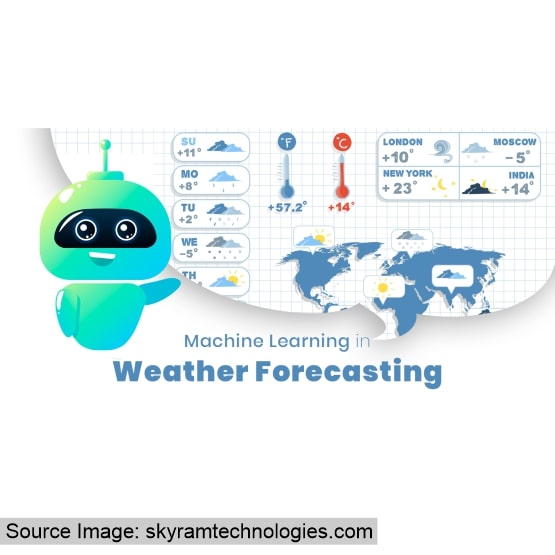
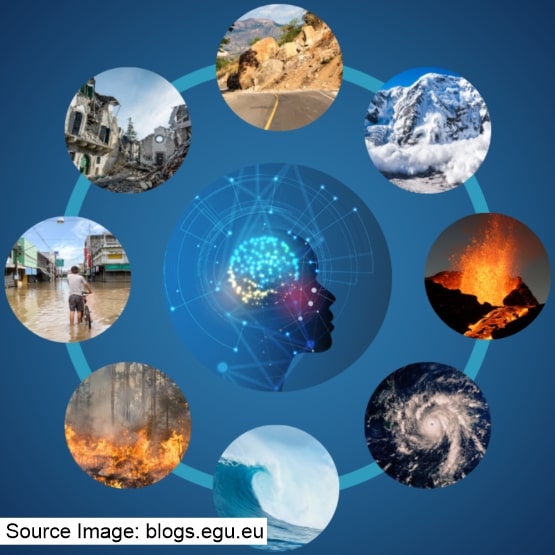
Limitations of Artificial Intelligence
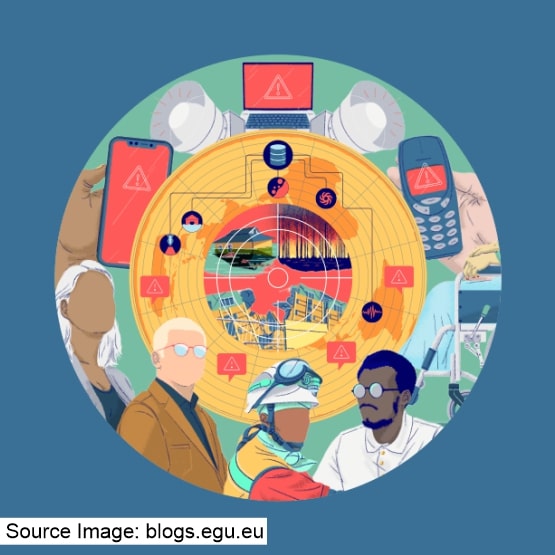
- Security: Artificial intelligence (AI) could be hacked, allowing bad factors to disrupt energy, transportation, early warning, and other critical systems.
- Economic Risks: Companies that are hesitant to adopt AI may incur financial costs as their AI-based competitors progress. As the economy gets more computerised, we are already seeing how brick-and-mortar stores are shutting.
- Social Risk: AI is resulting in more automation, which will eliminate jobs in almost every field. Autonomous weapon systems could also hasten and exacerbate global conflicts.
- Ethical Risks: Because AI makes decisions based on assumed assumptions about groups and communities, it may result in increasing bias. Data collecting also presents privacy concerns.
- Control Risks: Since AI systems interact autonomously, they can produce unpredictable outcomes. For example, two systems came up with a language of their own that humans couldn’t understand.
The World Economic Forum advises governments and businesses “must ensure the safety, explainability, transparency and validity of AI application” to mitigate these dangers. To avoid the possible perils of artificial intelligence—and to realise its potential advantages to the environment and humanity—more collaboration between public and private entities, engineers, policymakers, and even philosophers, as well as more research spending, is required.
